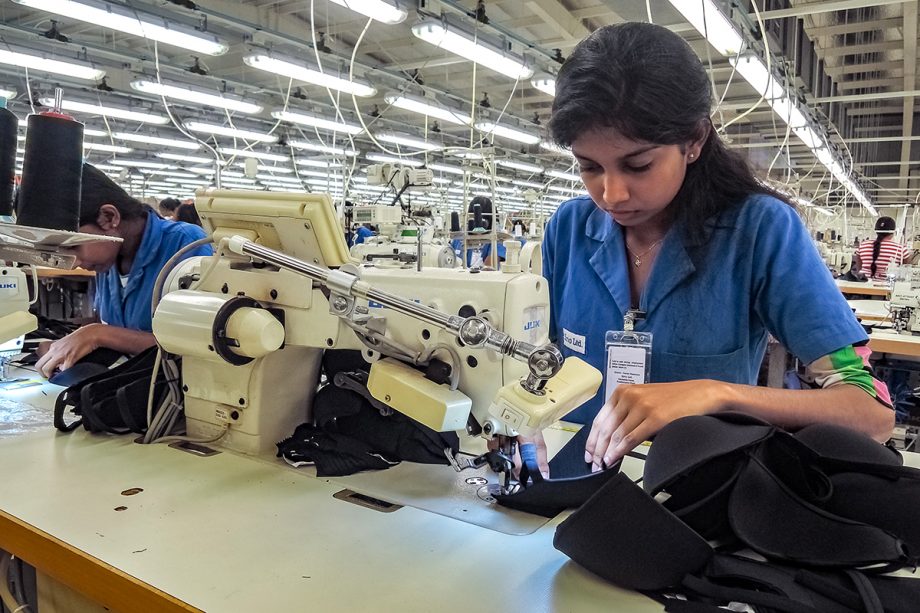The apparel industry is heading towards becoming the key driver of economy and is set to surpass the target revenue mark for this year. The progress made by the industry so far is encouraging, Secretary General Joint Apparel Association Forum, Tuli Cooray said.
“The first half recorded the highest earnings for the industry within the last five years surpassing the earnings of US $ 2,413 million in 2016. With a dip in earnings of US $ 2,281 million in 2017, it recorded $ 2,395 million for 2018 and $ 2,620 million for 2019. Total export earnings recorded a 9.41 percent growth compared to 3 percent growth the previous year. This is the highest growth rate for any export sector in the country,” he said.
“Right now we do believe that we will surpass US $ 5.3 billion exports in 2018 which only includes apparel not textiles. The upward trend that was started in 2019 (after a drop in 2016) is now continuing and growing higher in all markets. When considered the composition in the production, major growth is in knitted products representing $ 286.7 million in June 2019. This trend continues. When it comes to knitted products a majority of products are produced in the country from yarn. We also do import knitted fabric,” he said.
The entire production of fabric by the seven factories are absorbed by the exporters. Thus our dependency on knitted fabric imports has reduced. The value of production is US $ 185.4 million. This shows very clearly that the industry got integrated to the local supply base.
To improve this integration we should produce more and more fabric in the country. The need to do production is because all the preferential trade agreements , unilateral, bilateral or multi lateral demands products to be originated in Sri Lanka without which no preferential treatment is available.
Availability of fabric, main raw material within the country will ensure that the manufacturing of apparel could have minimum inventory because they can get ‘just-in-time delivery’ , flexibility of colour and quantities and also ensure quick delivery which are all essential to ensure our manufactured apparel are delivered within the required deadline.
“This is becoming more and more relevant since the world leading apparel retailers procure goods from the countries where such preferential treatment such as the ‘rule of country origin’ are available. They are the two factors dictating the movement of the industry. We as an industry is now discussing with relevant agencies on a mechanism to establish such factories for which assistance is sort for identification of suitable locations with required infrastructure. It is also essential to secure investment both locally and internationally to set up these factories,” he said.
(Sunday Observer)

